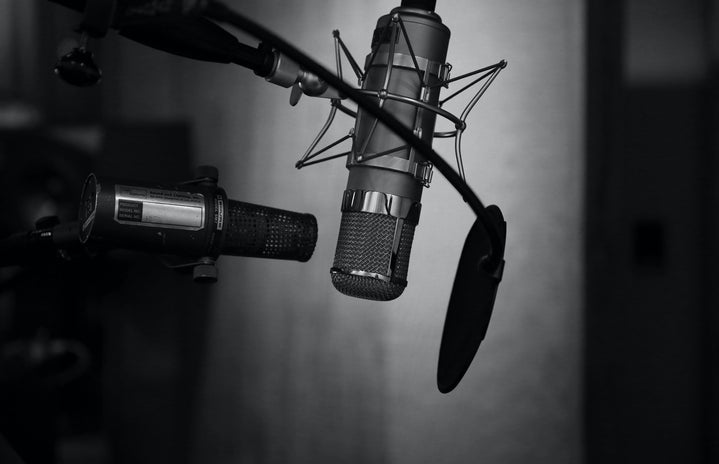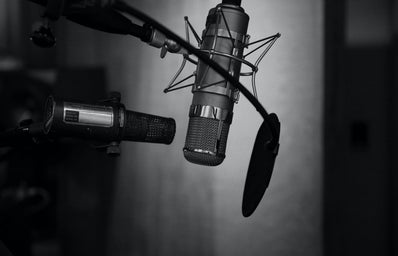Podcasts have grown immensely in popularity in the past couple of years. You could find a podcast for various topics: beauty, relationship advice, entertainment, true crime, men pretending to be “alpha,” etc.; whatever topic you can think of, there is most likely a podcast that talks about it.
“Serial” is the name of a podcast hosted by Sarah Koenig, which takes an investigative approach to true stories; each season, Sarah examines one real-life account and analyzes them through multiple episodes. The subject of season one was Adnan Syed’s case. Because of this season, Syed’s case received significant recognition, which somewhat secured his freedom today.
For context, Adnan Syed was a man convicted in 2000 at the age of 17 primarily for the murder of his ex-girlfriend. He has continually maintained his innocence, denying taking even a plea deal. Last month, his conviction was overturned, and as of two days ago, his case was officially dropped, and he is a free man.
I was unfamiliar with Adnan or his case until it was trending on social media that his case had been overturned. After doing a little research, my heart was completely shattered to find out that he had spent most of his youth in prison. I know he is not the only victim of our justice system, but it still baffles me how his initial trial overlooked some key information. The Serial podcast goes over the discrepancies in Adnan’s case, whether it be faulty witness testimony, inconsistencies, or the unfairness Adnan experienced due to inadequate prosecutorial work. But it also, in my opinion, does not zealously advocate for Adnan, ending the season open-ended and giving the listeners a push to find out more on their own.
I do want to address one fact that is not addressed in the Serial podcast, which is the topic of race. In Adnan’s initial trial seemed like racial and religious stereotypes replaced evidence. His Pakistani and Muslim background was emphasized as if they were evidence that could be used against him. This is seen in a lot of defendants, mostly minorities, where their ethnic background is brought into question when there is seemingly no relevance. Racial bias plays a big factor in our criminal justice system, and we see how it affected Syed’s case, especially considering that he was convicted as a minor.
Again, I know Syed is not the only victim of our criminal justice system, which is sad. A season of a well-known podcast changed the trajectory of Syed’s case, but others are not so lucky. Organizations like the Innocence Project help to overturn wrongful convictions and reform laws that prevent these convictions from taking place.
Lastly, I know that this case is more than a podcast; it involves the lives of so many people. Just because Adnan is released and “free” now does not mean he has not experienced the unfairness of our justice system. The victim and the victim’s family have not been given proper justice; they are also victims of our justice system. Adnan’s friends and family, robbed of spending time with him, are also victims of our justice system. No money can replace the time or the lack of peace everyone has experienced for over two decades.


